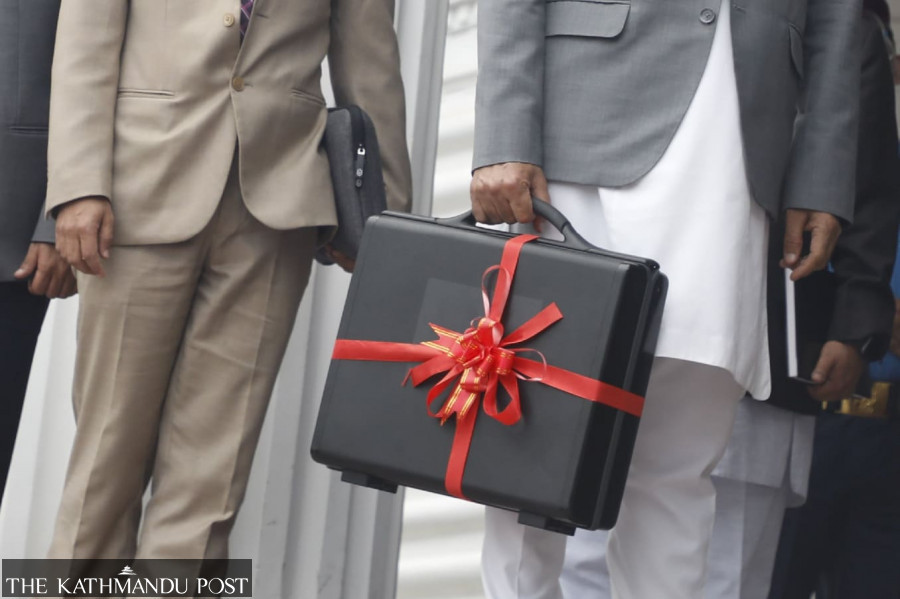Editorial
Burden on state coffers
Various perks and privileges for each additional minister add an extra burden on the already stretched budget.
The idea of federalism in Nepal was enacted to provide a more efficient system than the previous one. Provincial governments offer a support base to the centre. But as it stands, the political landscape in Nepal is far from stable. There is no guarantee that a political party that enjoys a majority in the House will complete a full term. The union between the CPN-UML and the CPN (Maoist Centre) unravelled with the two leaders at each other’s throats. And just 31 months after they formed a unified new party, it split.
The split was inevitable since the merger. It was a clash of personalities between KP Sharma Oli, Pushpa Kamal Dahal and Madhav Kumar Nepal. The politicians were trying to maintain their status quo with their respective henchmen and satisfy those power brokers. The break-up reflected their disagreement over ministerial berths to serve their aims. And nothing different is going on in the provinces either. Instead of focusing on development, the parties are constantly trying to bring down the incumbent government, thus leading to political instability.
Since successive governments are formed through alliances with various political parties, each one of them needs to be rewarded with a ministerial berth irrespective of its size and importance. Very recently, the chief minister of Bagmati province Rajendra Pandey split the existing ministries to include some of his fair-weather friends. A perfectly running province with seven ministries for 42 months until August 2021 now needs double that number. So, did the burden of governance become unmanageable over just a few months?
Well, if that were true, Bagmati province would stand as a perfect benchmark for efficiency. However, the truth of the matter is quite sinister. It has become an easy way to accommodate the members of several alliances and the aspirants within the main party by creating new ministries. It is one of the ploys to keep everyone in the loop to serve their ends. Federalism, it seems, has become the quickest way for aspirants to climb up the ministerial ladder. The repercussions of this would be a direct hit on the public purse. The state will now have to provide various perks and privileges to each additional minister, adding an extra burden on the already stretched budget.
The economy has taken a hit with the frequent lockdowns severely affecting the tourism sector, and remittance inflow has also suffered; the government should not have two minds about practising austerity. But instead of cutting down on expenses, the authorities, through their reckless actions, are seen to be squandering away the public’s hard-earned money, which is paid to the state coffers in the form of numerous taxes. The money that should have been spent on development is now wasted to fulfil their ambitions. This is undoubtedly not the idea of federalism envisioned by the people. Such self-centred and unscrupulous steps taken by the politicians in their favour will only weaken people’s resolve in favour of federalism.




 27.41°C Kathmandu
27.41°C Kathmandu














